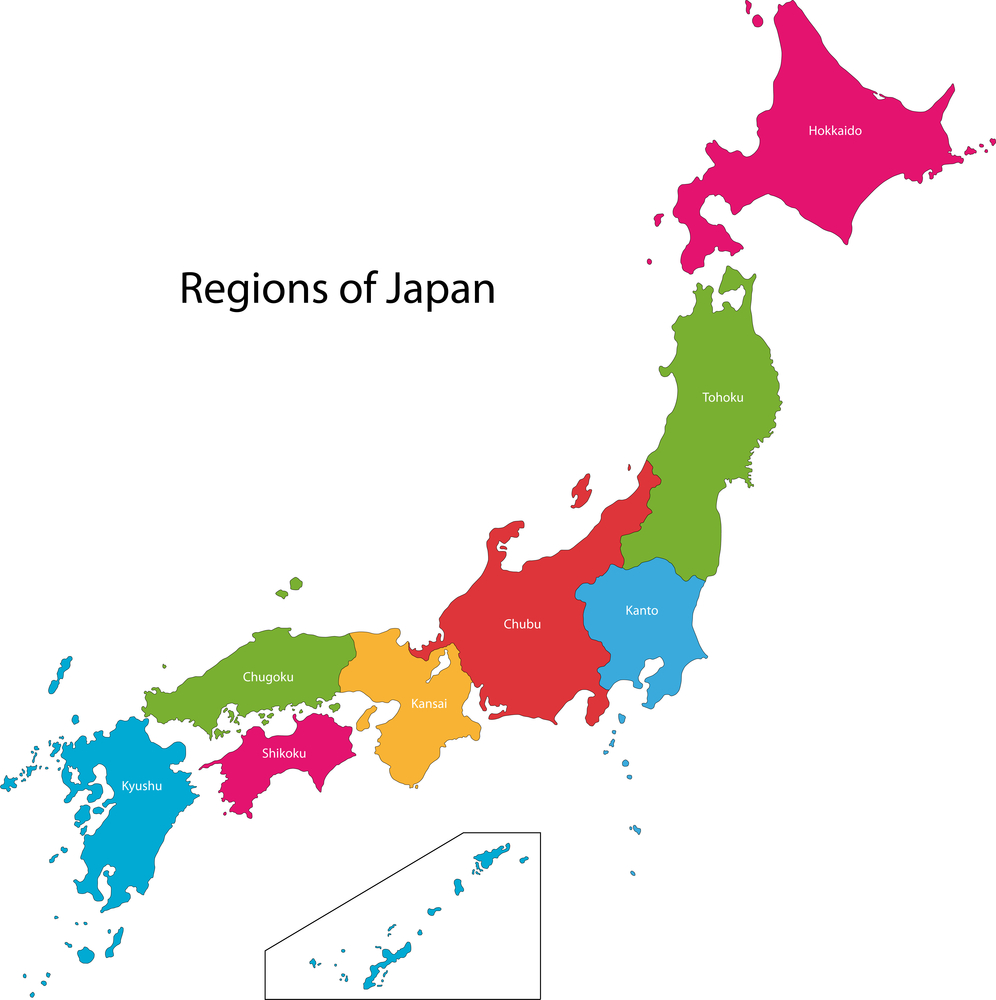Size matters when choosing a Japanese company
Whether you’re looking to work for or supply to a Japanese company, size matters. The most obvious reason being, as bank robber Willie Sutton apparently never said, “that’s where the money is”. That’s why we started our Top 30 Japanese Employers rankings – we’ve found them useful in understanding our customer base and the likely concerns of participants in our seminars.
We use the number of employees as a proxy for size rather than turnover or profit, and although there is a degree of correlation between employee numbers globally and in Europe and overall profit, there are some exceptions.
Toyo Keizai have recently listed up the companies* who made the biggest cumulative profit in the past 10 years and it’s absolutely no surprise that Toyota, one of the biggest companies in Japan and #9 amongst Japanese companies in Europe, made a whopping Y11 trillion ($99bn) cumulative profit from 2007 to 2017, far outstripping NTT and NTT Docomo at #2 and #3 who made less than half that amount. NTT and NTT Docomo are not in our Top 30 Japanese companies in Europe, although another group company, NTT Data, is.
However NTT and NTT Docomo never made a loss, whereas Toyota did go into the red – with a loss of $.8.6bn in 2008/9. Honda, who has had a tough time in Europe (and is #23 in our rankings), has also never made a loss, and accumulated a $36bn profit over the decade. Nissan, who made a loss but was famously turned round by Carlos Ghosn, is 10th largest in Europe in our rankings and has the 6th largest cumulative profit.
I was surprised to see my old employer Mitsubishi Corporation at #5, as they too had some rough patches particularly with losses in the commodity side, but clearly overall the Japanese trading companies have been very profitable, despite their death being heralded every decade – Mitsui is at #9, Itochu at #11, Sumitomo Corp at #14 and Marubeni at #21.
Unsurprisingly, almost none of the Japanese electronics companies feature in the top 30, apart from Canon at #10 and Mitsubishi Electric at #25. Other industries in the top 50 most profitable are automotive (Denso, Bridgestone) and pharmaceutical (Takeda, Astellas) related, and also heavily domestic businesses such as telecommunications (KDDI, SoftBank as well as NTT mentioned above), rail and retail (7&I, Fast Retailing).
Two of the largest Japanese companies in Europe – Fujitsu and Hitachi – are at #69 and #70 – Hitachi’s cumulative profit was heavily dented by the historic loss of $8bn in 2008/9. The largest company in the Europe and Africa region – Sumitomo Electric Industries (due to its labour intensive automotive manufacturing operations) is at #38, with a $6bn cumulative profit.
*Excludes banks, insurance and other financial services companies
For more content like this, subscribe to the free Rudlin Consulting Newsletter. 最新の在欧日系企業の状況については無料の月刊Rudlin Consulting ニューズレターにご登録ください。
Read More
